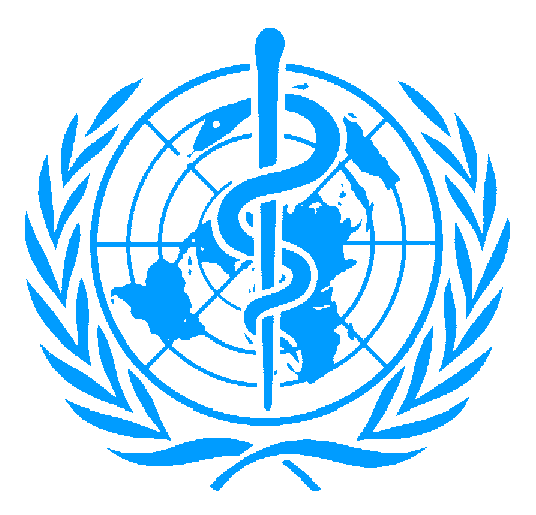Japan Tobacco International has urged the new leader of the World Health Organization, the former Ethiopian health minister Dr. Tedros Adhanom Ghebreyesus, to scrutinize carefully the organization’s current practices.
In a note posted on its website today, JTI said the World Health Assembly had just appointed the WHO’s new director general, amid controversy around the UN agency’s practices.
‘JTI has witnessed a number of abuses over the past years that are putting at risk three fundamental areas where businesses play a key role: transparency, sustainability and innovation,’ the note said. ‘We trust that current practices will be carefully scrutinized by the new WHO lead.’
On the question of transparency, JTI said that a culture of censorship and exclusion had developed, notably at the most recent Conference of the Parties to WHO’s Framework Convention on Tobacco Control (FCTC), where ostensibly open debates were held behind closed doors, from which journalists and the public were expelled, in direct contravention of the United Nation’s fundamental principles.
‘Any individual or organization who is seen to consult with anyone in the tobacco sector, including government representatives and experts with legitimate credentials, is in the WHO’s line of sight,’ the note said. ‘The WHO has so abused these practices that it is now putting pressure on other organizations, notably UN agencies, to follow the same dogmatic approach. It is therefore no surprise that the three WHO candidates have made transparency a key theme of their campaign. We expect the new director general to terminate this culture of secrecy.’
Turning to the question of sustainability, JTI said it was regrettable that the current WHO leadership had a narrow vision of the developing world’s realities. ‘Bullying tobacco farmers and governments to blindly follow its exclusion tactics, the WHO has been dangerously jeopardizing many programs which enhance tobacco communities’ livelihoods and meet the United Nation’s Sustainable Development Goals,’ the note said. ‘This includes Public Private Partnerships that have delivered concrete results which can only be achieved through sustained and collaborative efforts.
‘Conversely, if companies didn’t take their responsibility towards society seriously, the same organization would no doubt point fingers at them. It is crucial for the new WHO regime to acknowledge the invaluable expertise, resources and rigor that legitimate companies can and should continue to provide to communities where they are established.’
On the question of innovation, JTI said the WHO’s FCTC continued to recommend the prohibition or restriction of electronic cigarettes, even though these products did not contain tobacco and had the potential to reduce health risks. The company said it was looking forward to a new direction at the WHO that encouraged innovation and choice through research and development instead of ‘sliding into a contagious trend of product bans’.
“The WHO has become ideology-driven, engaging in a fight against businesses, tobacco growers, and vapers when it should open itself up to scrutiny and see the merit of initiatives that are actually delivering results, no matter what individual positions are,” JTI’s corporate communications vice president, Michelle McKeown, was quoted as saying.
“We trust the new WHO director general will take this opportunity to get back to basics by tackling the issue of transparency, keeping an objective view of sustainability in the developing world, and accepting that the innovation of next-generation products can help address some of the organization’s concerns.”

